Chau Minh Nguyen
JNLP Team: Deep Learning Approaches for Legal Processing Tasks in COLIEE 2021
Jun 25, 2021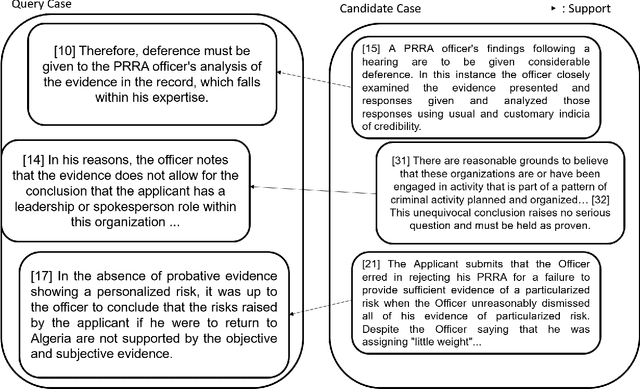
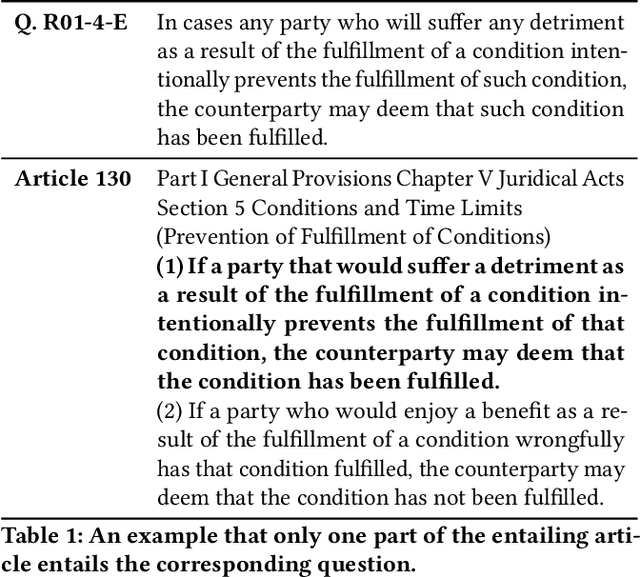

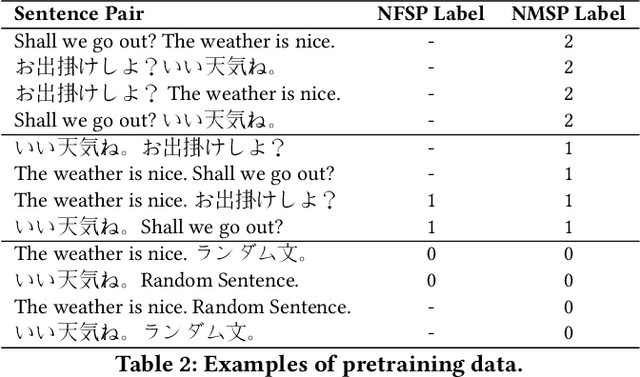
Abstract:COLIEE is an annual competition in automatic computerized legal text processing. Automatic legal document processing is an ambitious goal, and the structure and semantics of the law are often far more complex than everyday language. In this article, we survey and report our methods and experimental results in using deep learning in legal document processing. The results show the difficulties as well as potentials in this family of approaches.
ParaLaw Nets -- Cross-lingual Sentence-level Pretraining for Legal Text Processing
Jun 25, 2021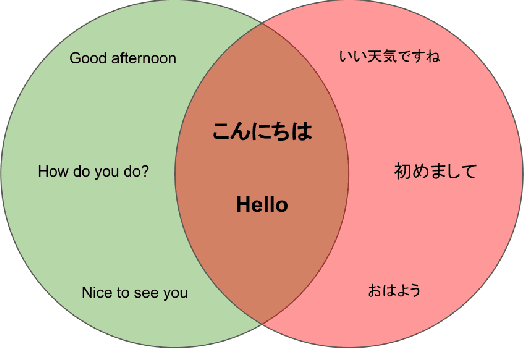



Abstract:Ambiguity is a characteristic of natural language, which makes expression ideas flexible. However, in a domain that requires accurate statements, it becomes a barrier. Specifically, a single word can have many meanings and multiple words can have the same meaning. When translating a text into a foreign language, the translator needs to determine the exact meaning of each element in the original sentence to produce the correct translation sentence. From that observation, in this paper, we propose ParaLaw Nets, a pretrained model family using sentence-level cross-lingual information to reduce ambiguity and increase the performance in legal text processing. This approach achieved the best result in the Question Answering task of COLIEE-2021.
JNLP Team: Deep Learning for Legal Processing in COLIEE 2020
Nov 04, 2020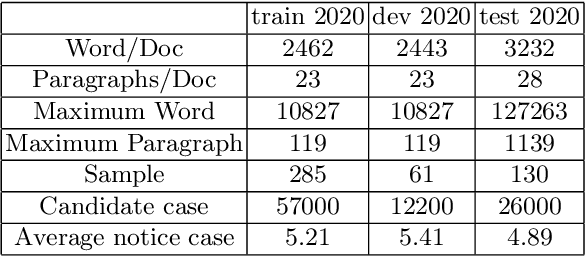
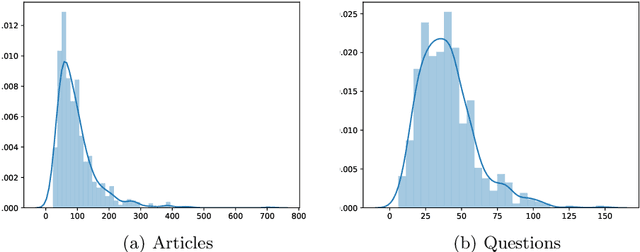

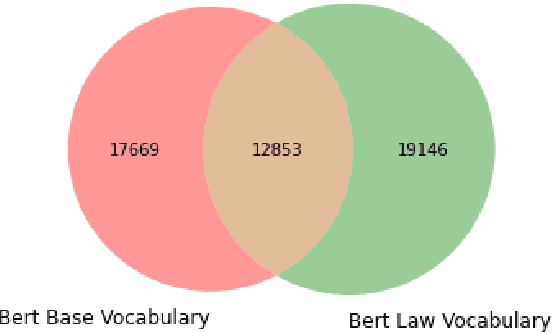
Abstract:We propose deep learning based methods for automatic systems of legal retrieval and legal question-answering in COLIEE 2020. These systems are all characterized by being pre-trained on large amounts of data before being finetuned for the specified tasks. This approach helps to overcome the data scarcity and achieve good performance, thus can be useful for tackling related problems in information retrieval, and decision support in the legal domain. Besides, the approach can be explored to deal with other domain specific problems.
 Add to Chrome
Add to Chrome Add to Firefox
Add to Firefox Add to Edge
Add to Edge